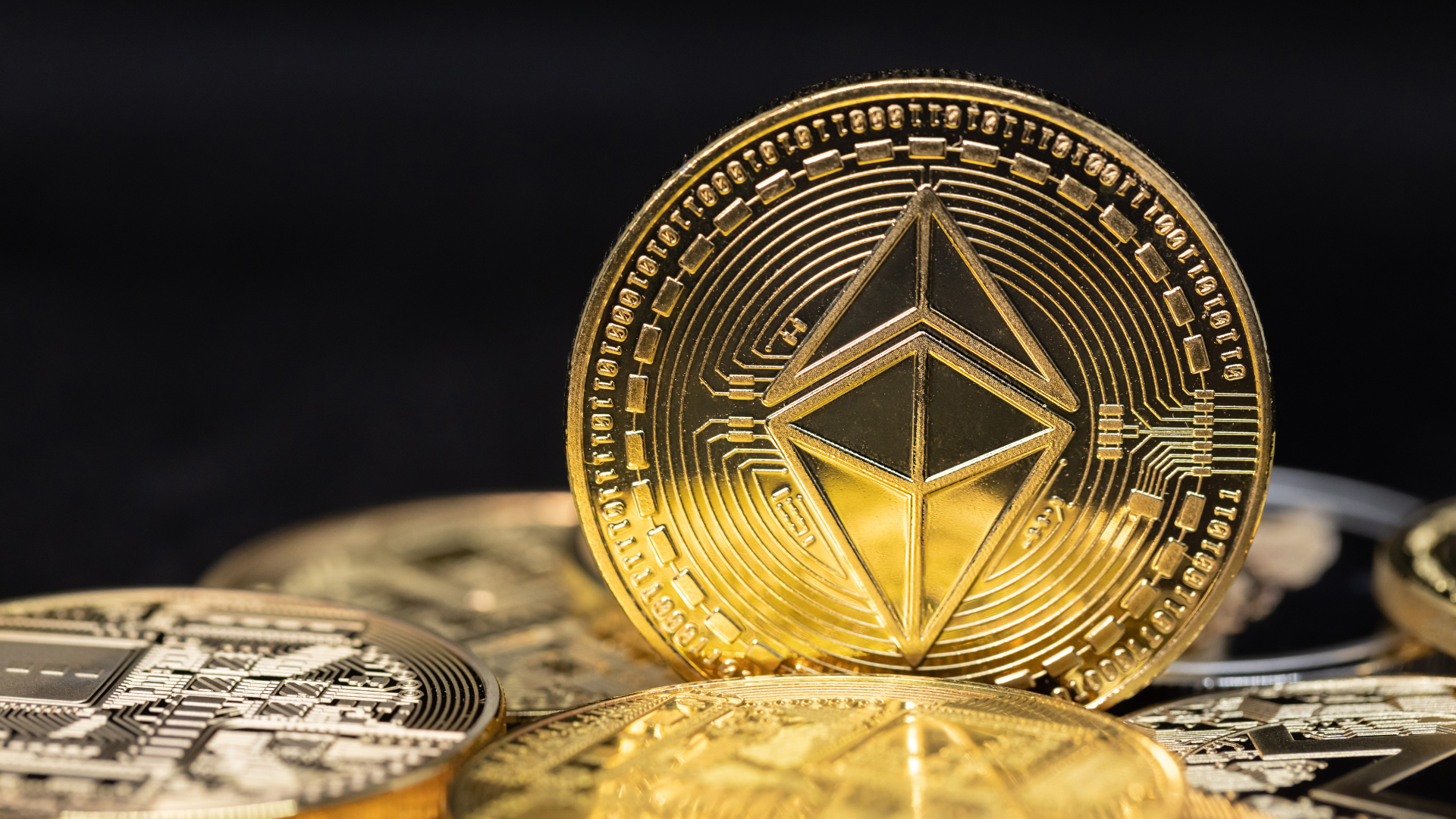Jack Dorsey Urges Signal to Adopt Bitcoin for P2P Payments
In a bold move that could reshape the intersection of privacy-focused communication and cryptocurrency payments, Jack Dorsey, the prominent tech entrepreneur and former Twitter CEO, has publicly called for Signal messenger to integrate Bitcoin for peer-to-peer payments. The statement, made via a post on X (formerly Twitter) on April 9, represents a significant push to expand Bitcoin’s utility beyond a store of value and into practical everyday transactions.
JUST IN: Twitter founder Jack Dorsey says messaging app “Signal should use #Bitcoin for P2P payments.”
They have over 40 million users ? pic.twitter.com/HH9sWaF72g
— Bitcoin Magazine (@BitcoinMagazine) April 10, 2025
“Signal should use Bitcoin for P2P payments,” Dorsey wrote, responding to Bitcoin developer Calle who had suggested that the leading cryptocurrency would be an ideal fit for Signal’s privacy-centric platform. The endorsement from Dorsey, a long-time Bitcoin advocate and founder of financial services company Block (formerly Square), carries substantial weight in both tech and cryptocurrency circles.
A Strategic Shift from Altcoins
Dorsey’s recommendation comes at a time when Signal already offers cryptocurrency payment functionality—but not with Bitcoin. The encrypted messaging service currently supports payments through Sentz (formerly known as MobileCoin), an ERC-20 token focused on privacy. This existing integration has been a point of controversy since its implementation in 2021, with critics raising concerns about potential connections between Signal’s leadership and the token, as well as questions about the transparency of its issuance.

The push for Bitcoin integration represents a potential strategic shift away from specialized altcoins toward the original and most established cryptocurrency. Bitcoin, designed by its pseudonymous creator Satoshi Nakamoto specifically for peer-to-peer electronic payments, aligns philosophically with Signal’s emphasis on privacy and security.
Also Read: Bitcoin Will Emerge Victorious in Global Currency War, Says Bitwise CIO
Industry Support Grows
Dorsey’s call has resonated with other influential figures in the financial technology sector. David Marcus, former president of PayPal and previously head of Meta’s cryptocurrency initiative Libra (later renamed Diem), voiced his support, stating that “all non-transactional apps should connect to Bitcoin.“
This growing consensus among industry leaders highlights an evolving perspective on Bitcoin’s role in the digital economy—moving from viewing it primarily as “digital gold” to embracing its original purpose as an efficient payment system. According to Dorsey, this functional utility is essential for Bitcoin’s long-term success, beyond its properties as a store of value.
Messaging Apps and Cryptocurrency: A Complex Relationship
Signal’s current approach to cryptocurrency integration mirrors a broader pattern among messaging and social media platforms, which have historically favored developing or integrating alternative cryptocurrencies rather than Bitcoin.
Telegram, another popular encrypted messaging service, has aggressively promoted Toncoin within its ecosystem—a cryptocurrency with links to Telegram’s founders, though officially not managed by the company. Similarly, Meta (formerly Facebook) invested years into developing its own cryptocurrency project under David Marcus’s leadership before ultimately abandoning the initiative amid regulatory challenges.
Even X, now owned by Elon Musk, has faced persistent speculation about plans to launch a proprietary digital currency, though Musk publicly denied such intentions in August 2023.
Signal’s Privacy-First Philosophy
Founded in 2014, Signal has built its reputation on providing secure, end-to-end encrypted communications for text messaging, voice calls, and video calls. Its open-source approach and commitment to user privacy have made it a favorite among security-conscious users, journalists, activists, and privacy advocates worldwide.

A Bitcoin integration would potentially strengthen Signal’s privacy credentials while offering users a more widely adopted and established payment option. Bitcoin’s decentralized nature aligns with Signal’s ethos of minimizing central points of control or surveillance.
Technical and Practical Considerations
Despite the enthusiasm from Bitcoin proponents, implementing Bitcoin payments within Signal would present several technical challenges. Bitcoin’s base layer transactions can be slow and fee-intensive during periods of network congestion, potentially compromising the seamless user experience messaging apps strive to provide.
However, second-layer solutions like the Lightning Network—which enables faster, lower-cost Bitcoin transactions—could potentially address these concerns. Jack Dorsey’s company Block has invested significantly in Lightning Network development, suggesting this technology could factor into any Bitcoin integration with Signal.
Regulatory Implications
Any expansion of cryptocurrency payment capabilities within a widely-used messaging app also raises regulatory questions. Signal’s strong encryption has already drawn scrutiny from some governments concerned about potential misuse, and adding Bitcoin functionality could intensify regulatory attention.
Unlike Sentz/MobileCoin, which has remained relatively niche, Bitcoin’s higher profile and liquidity make it both more useful for legitimate transactions and potentially more concerning to regulators focused on anti-money laundering enforcement.
The Road Ahead
As of publication, Signal has not publicly responded to Dorsey’s suggestion. The organization faces several considerations in evaluating potential Bitcoin integration, including technical feasibility, user demand, regulatory compliance, and alignment with its mission.
Whatever decision Signal makes could influence other messaging and social media platforms contemplating cryptocurrency integration. A successful Bitcoin implementation by Signal could demonstrate a viable model for balancing privacy, usability, and regulatory considerations—potentially accelerating Bitcoin’s adoption as a practical payment method rather than just an investment asset.
“Bitcoin was designed for peer-to-peer electronic cash transactions,” noted cryptocurrency analyst Maria Chen, who was not affiliated with either Signal or Dorsey’s companies. “Integrating it into platforms people use daily for communication would bring Bitcoin closer to Satoshi’s original vision while potentially introducing millions of new users to cryptocurrency payments.”
For now, the cryptocurrency community watches with interest as this conversation unfolds, potentially marking another step in Bitcoin’s journey from a niche technical experiment to an integral part of digital communication and commerce infrastructure.
Signal had not responded to requests for comment at the time of publication.
Want real-time updates on Bitcoin, Ethereum, and blockchain trends? Crypto News Today delivers breaking crypto news, expert insights, and price movements to keep you informed.




